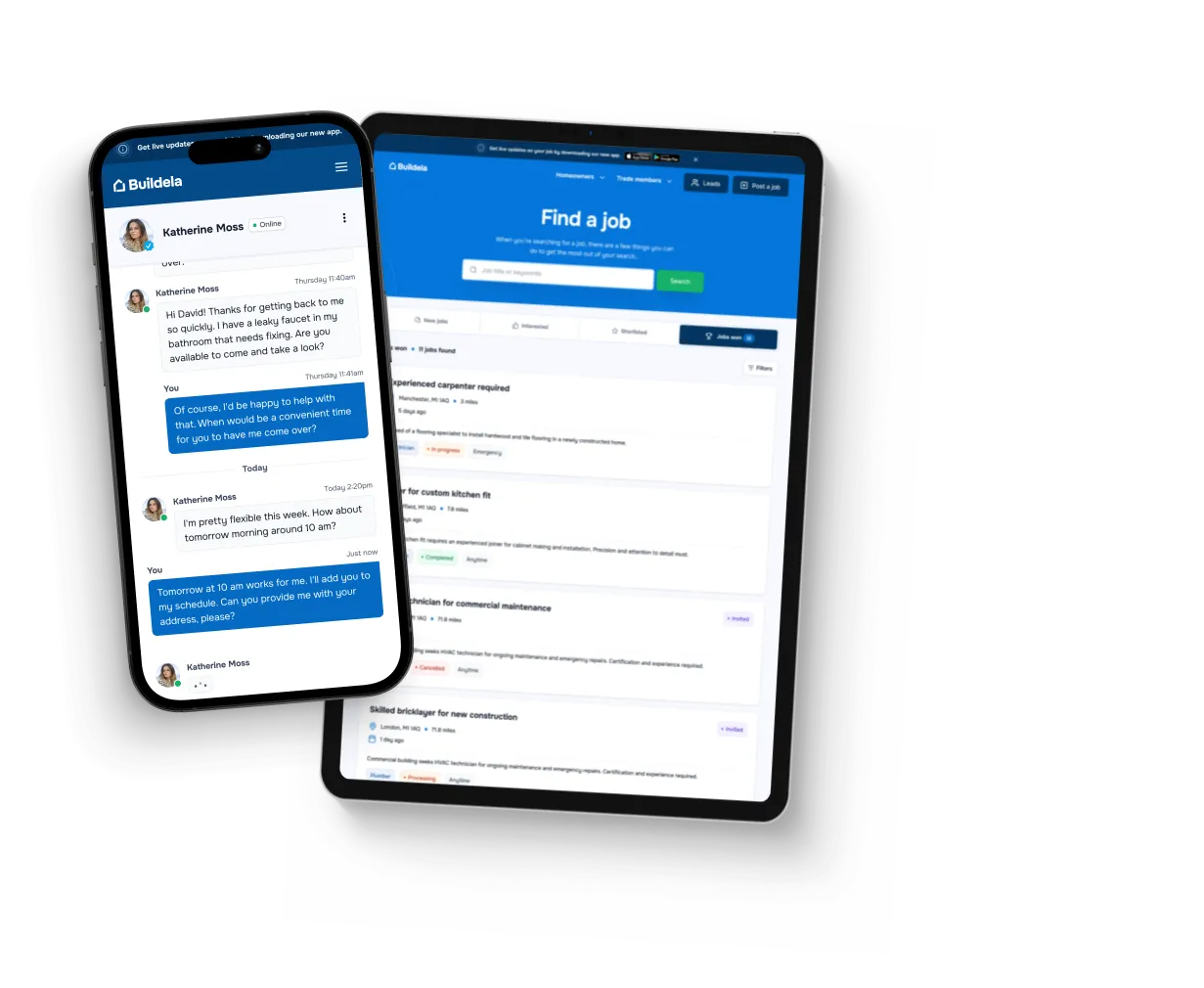
Project Management Tools for Architects: Enhancing Efficiency and Organization
1. Building Information Modeling (BIM) Software
BIM software is a game-changer for architects. It allows you to create 3D digital models that encompass the entire project, from design to construction. BIM software offers real-time collaboration, data integration, and visualization, enabling better decision-making and communication with clients and collaborators.
Popular BIM software options include Autodesk Revit, ArchiCAD, and Vectorworks.
2. Project Management Software
Dedicated project management software helps architects plan, track, and manage projects efficiently. These tools offer features such as task management, scheduling, budget tracking, and collaboration.
Common project management software choices for architects include:
a. Asana: Offers a user-friendly interface and task management features, ideal for tracking project progress.
b. Trello: Known for its visual boards and card-based organization, Trello is great for task and project management.
c. Microsoft Project: Offers comprehensive project planning and scheduling capabilities, suitable for larger architectural projects.
3. Collaboration and Communication Tools
Effective communication is key in architecture, especially when working with clients and project teams. Consider using communication and collaboration tools to streamline interactions and information sharing.
a. Slack: A popular messaging platform that allows real-time communication and file sharing among team members.
b. Microsoft Teams: Integrates seamlessly with other Microsoft Office tools and offers chat, video conferencing, and file sharing.
c. Zoom: For virtual meetings, webinars, and screen sharing, Zoom is a widely-used choice.
4. File Management and Cloud Storage
Architects deal with large volumes of project-related files, including design drawings, specifications, and reports. Using cloud storage and file management tools ensures easy access, version control, and data security.
a. Dropbox: A user-friendly cloud storage and file-sharing platform with collaboration features.
b. Google Drive: Offers cloud storage, file sharing, and real-time collaboration on documents and spreadsheets.
5. Construction Management Software
For architects involved in construction administration, construction management software helps track project progress, issue reports, and manage construction documents.
a. Procore: A comprehensive construction management platform that covers everything from project management to financials.
b. Bluebeam Revu: Known for its PDF markup and editing capabilities, it"s widely used for reviewing construction drawings.
6. Accounting and Financial Tools
Managing project budgets and financials is a critical aspect of architecture. Accounting software can help architects track expenses, generate invoices, and manage cash flow.
a. QuickBooks: A widely-used accounting software that offers features tailored to small businesses, including architects.
b. Xero: Cloud-based accounting software known for its ease of use and accessibility.
7. Time Tracking Tools
Time tracking tools help architects monitor billable hours, track project progress, and improve time management.
a. Toggl: A straightforward time-tracking tool that offers reports and project tracking features.
b. Harvest: Combines time tracking with invoicing and expense tracking, making it ideal for architects who bill clients by the hour.
Conclusion
Incorporating project management tools into your architectural practice can significantly enhance efficiency and organization, ultimately leading to better project outcomes. By choosing the right tools that align with your specific needs and workflow, you can streamline project management, improve communication, and ultimately deliver exceptional results for your clients while maintaining control over budgets and timelines.











